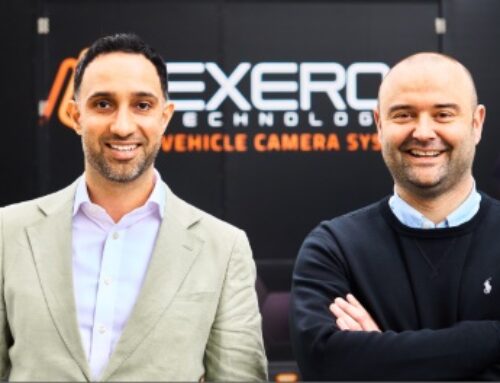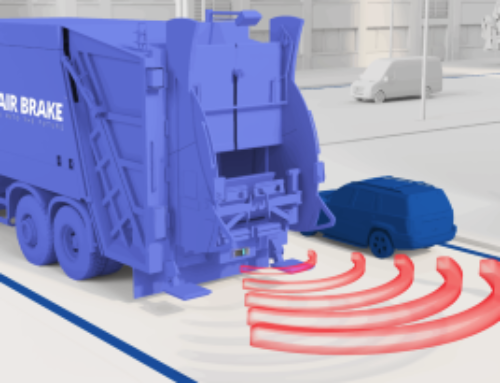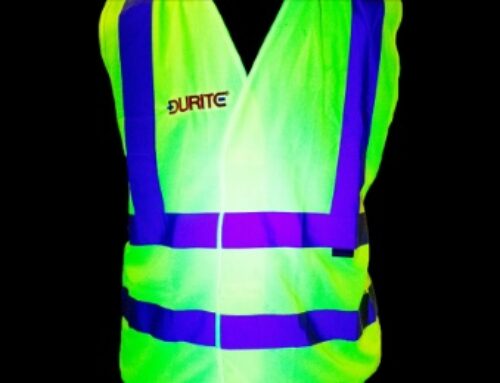Telematics: smartphone apps or black boxes?
 Telematics expert Robert Peel has offered his take on the relative merits of traditional wired-in ‘black box’ telematics, versus the alternative approach made possible by smartphone apps in more recent times.
Telematics expert Robert Peel has offered his take on the relative merits of traditional wired-in ‘black box’ telematics, versus the alternative approach made possible by smartphone apps in more recent times.
“Vehicle telematics has been around since 1990; that was the year the world’s first 50-metre accurate vehicle location system was launched,” said Robert.
“Called Datatrak, it was initially developed as a security device to deter and track stolen cash-in-transit vehicles.
“Today, most commercial fleet operators track their fleets, and in recent years, advances in smartphone apps have offered a convenient and low-cost alternative to traditional ‘black box’ wired-in telematics systems.
“So, the question is: do these phone apps make sense for your business?”
One important consideration is whether tracking is part of a system where the data is needed for a wider operational application, Robert suggests.
“With software suppliers like Podfather, smartphone tracking is an integral part of a system that includes routing, electronic proofs of delivery, and automated ETA notifications.
“Most providers of transport and logistics management systems should be able to collect data from any telematics device, whether a phone or a fitted box; however, it is important to check. Ideally, you’ll want everything linked seamlessly to ‘the job’ to manage operations efficiently through a single interface – typically via a web browser.
“Once you’ve confirmed that you can access and use the tracking data effectively, you can evaluate the best system for your needs. Smartphone apps are convenient, affordable, easy to deploy, and completely portable; however, they track the driver rather than the vehicle.
“In contrast, fitted telematics track the vehicle itself, operating automatically, meaning they are always on and generally more reliable.
“Another advantage of a telematics box is its ability to collect additional data, such as mileage, fuel consumption, and information from other onboard sensors. This data is valuable for managing both fleet and driver performance; two costly and critical business resources. It also provides better insights for compliance, security, and insurance purposes.
“Smartphone apps are, therefore, more limited and less reliable. However, for smaller businesses with infrequent delivery jobs, and in sectors where compliance and proof-of-service are less critical, smartphone apps offer an appealing alternative to fitted telematics.”












